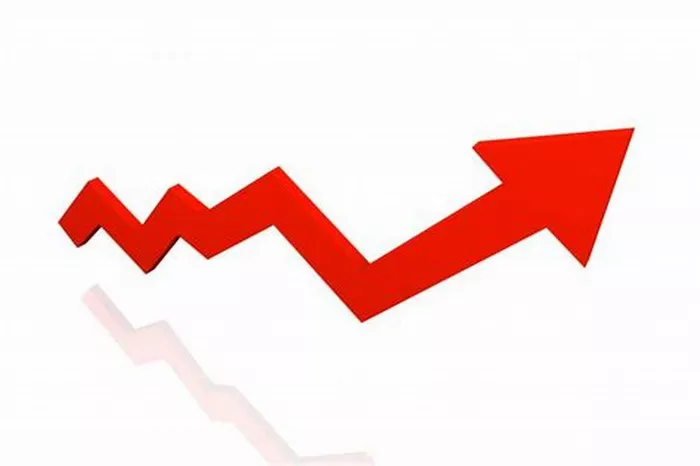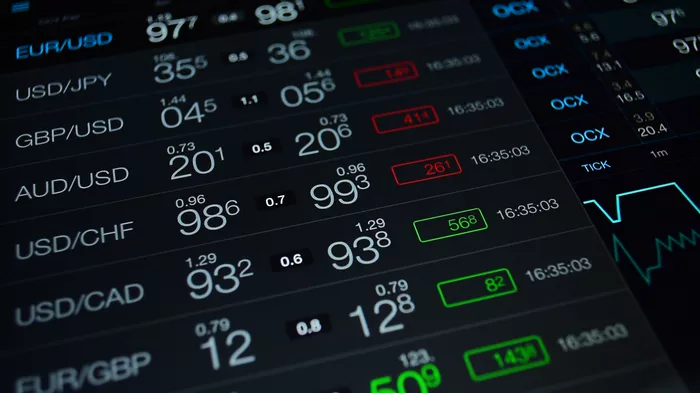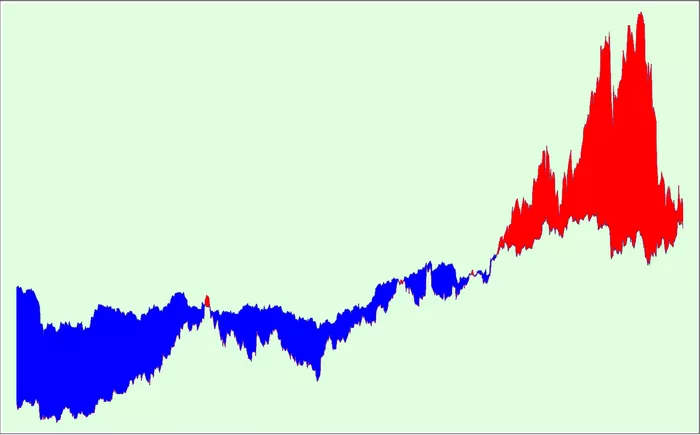Wars have significant impacts on global economies and financial markets. While many sectors suffer during times of conflict, some stocks tend to perform well due to the increased demand for their products or services. This article examines seven stocks that historically performed well during periods of war, exploring the reasons behind their success and the sectors they belong to.
Introduction
Wars create volatile environments in the financial markets, leading to fluctuating stock prices. However, certain industries, such as defense, energy, and logistics, often see increased demand during these times. By analyzing historical data, we can identify specific stocks that have benefited from wartime conditions.
The Impact of War on Financial Markets
War affects financial markets through various channels. Government spending increases, particularly on defense and infrastructure. There are shifts in supply and demand for various goods, leading to price changes. Additionally, investor sentiment often fluctuates, driving market volatility.
Criteria for Selection
The stocks chosen for this analysis have shown resilience and growth during wartime conditions. They belong to industries that are crucial during conflicts, including defense, energy, technology, and logistics.
See Also: What Is The Best App For Stocks?
1. Lockheed Martin Corporation (NYSE: LMT)
Overview
Lockheed Martin is a leading aerospace, defense, arms, security, and advanced technologies company. It has consistently been one of the top-performing stocks during periods of conflict due to its significant defense contracts.
Performance During War
Lockheed Martin’s stock typically sees a surge during wartime due to increased defense spending by governments. The company’s extensive portfolio of defense products, including aircraft, missile systems, and cybersecurity solutions, makes it a crucial player in national security.
Key Factors
Defense Contracts: Lockheed Martin secures large contracts from the U.S. Department of Defense and allied countries.
Technological Advancements: The company invests heavily in R&D, leading to innovative products that are in high demand during conflicts.
2. Raytheon Technologies Corporation (NYSE: RTX)
Overview
Raytheon Technologies is another major player in the defense and aerospace sectors. It was formed through the merger of Raytheon Company and United Technologies Corporation in 2020.
Performance During War
Raytheon Technologies benefits from its diverse range of products and services, including missile systems, aerospace components, and defense electronics. Its stock often performs well during conflicts due to the high demand for its defense technologies.
Key Factors
Diverse Portfolio: Raytheon’s wide range of products ensures steady revenue streams.
Global Presence: The company has a strong international presence, securing contracts from multiple countries.
3. Northrop Grumman Corporation (NYSE: NOC)
Overview
Northrop Grumman is a leading global aerospace and defense technology company. It specializes in autonomous systems, cyber, C4ISR, space, strike, and logistics and modernization.
Performance During War
Northrop Grumman’s stock tends to rise during wartime due to increased government spending on defense and the need for advanced military technologies.
Key Factors
Innovative Solutions: The company’s focus on cutting-edge technologies positions it well during conflicts.
Strategic Contracts: Northrop Grumman secures significant defense contracts that boost its financial performance.
4. ExxonMobil Corporation (NYSE: XOM)
Overview
ExxonMobil is a multinational oil and gas corporation. It is one of the world’s largest publicly traded energy providers and chemical manufacturers.
Performance During War
Energy stocks, particularly those involved in oil and gas, often perform well during conflicts due to the increased demand for energy resources. ExxonMobil benefits from this trend, with its stock price typically rising during periods of war.
Key Factors
Energy Demand: Wars often lead to higher energy consumption, driving up prices and benefiting companies like ExxonMobil.
Global Operations: The company’s extensive global operations allow it to capitalize on increased energy demand worldwide.
5. Chevron Corporation (NYSE: CVX)
Overview
Chevron is another major player in the oil and gas industry. It engages in various aspects of the energy sector, including exploration, production, refining, and marketing.
Performance During War
Similar to ExxonMobil, Chevron’s stock often performs well during conflicts due to the heightened demand for energy resources.
Key Factors
Oil Prices: War-induced disruptions can lead to higher oil prices, benefiting Chevron.
Integrated Operations: Chevron’s involvement in various stages of the energy supply chain ensures steady revenue streams.
6. BAE Systems plc (LON: BA)
Overview
BAE Systems is a British multinational defense, security, and aerospace company. It is one of the largest defense contractors in the world.
Performance During War
BAE Systems’ stock typically performs well during periods of conflict due to increased defense spending by governments.
Key Factors
Defense Products: BAE Systems provides a wide range of defense products and services that are in high demand during wars.
International Presence: The company’s global operations ensure a steady stream of contracts from various countries.
7. Caterpillar Inc. (NYSE: CAT)
Overview
Caterpillar Inc. is a leading manufacturer of construction and mining equipment, diesel and natural gas engines, industrial gas turbines, and diesel-electric locomotives.
Performance During War
Caterpillar’s stock often performs well during conflicts due to the increased demand for construction and infrastructure equipment.
Key Factors
Infrastructure Development: Wars often lead to significant infrastructure damage, requiring reconstruction efforts that benefit Caterpillar.
Global Reach: Caterpillar’s global presence allows it to capitalize on reconstruction efforts worldwide.
Conclusion
While wars create challenging environments, certain stocks tend to perform well due to increased demand for their products and services. Companies in the defense, energy, and infrastructure sectors often see their stock prices rise during conflicts. Investors seeking to mitigate risks during such times may consider these stocks, but it is essential to conduct thorough research and consider broader market conditions.
Risk Considerations
Investing during wartime carries inherent risks. Market volatility can lead to rapid changes in stock prices, and geopolitical developments can impact various sectors differently. It is crucial to diversify investments and consult with financial advisors to navigate these uncertain times effectively.
Future Outlook
As global tensions continue to shape financial markets, companies in defense, energy, and infrastructure sectors will likely remain crucial players. Monitoring geopolitical developments and understanding the underlying factors driving demand in these industries can help investors make informed decisions.
Related topics:





























